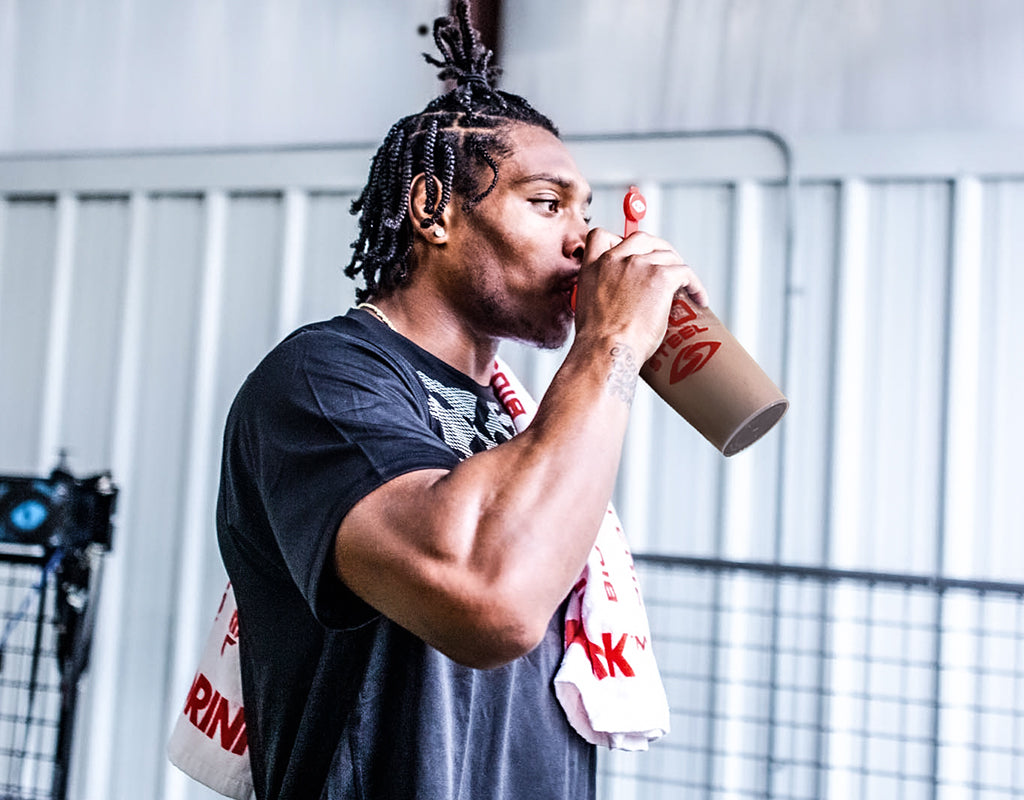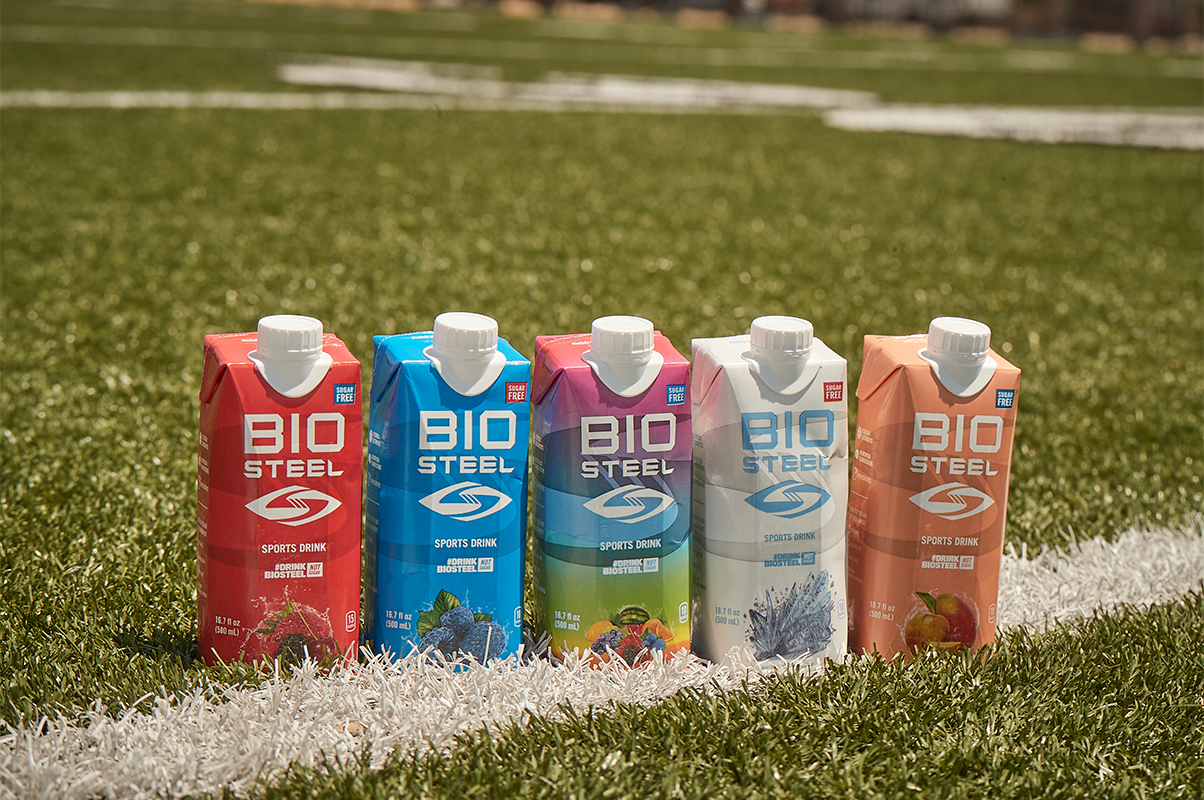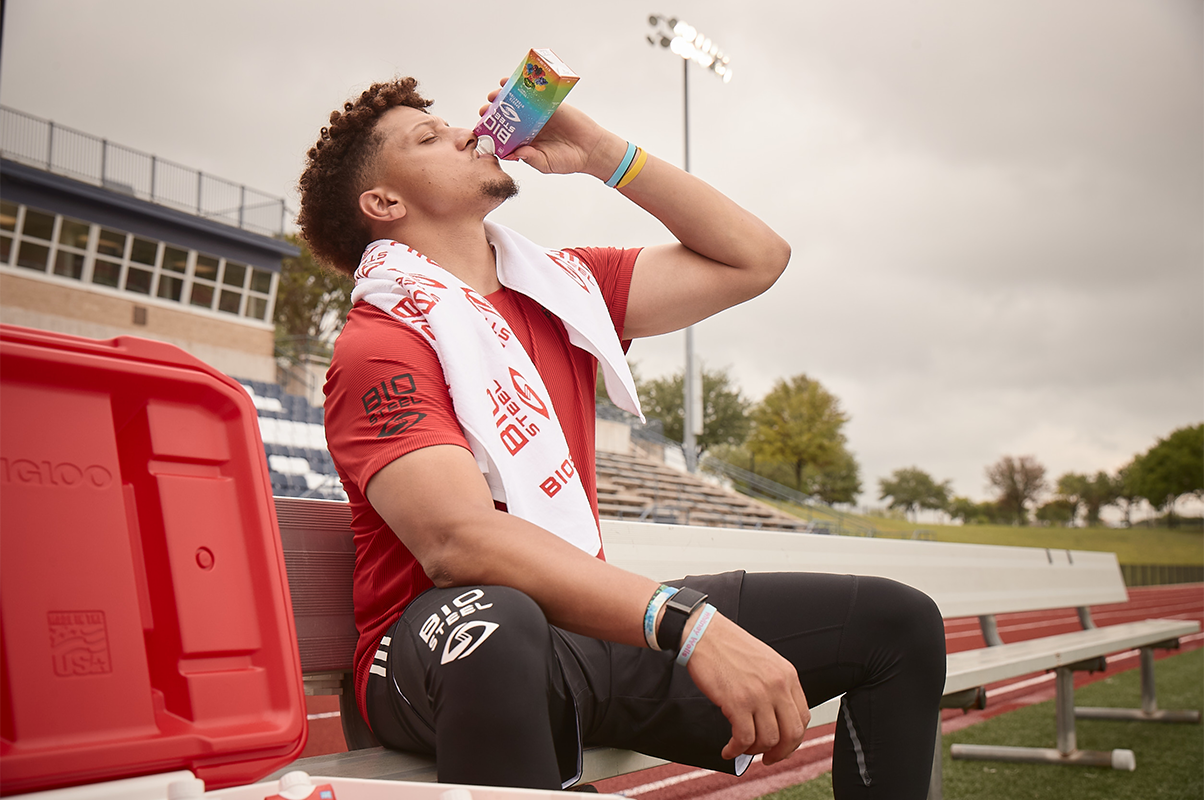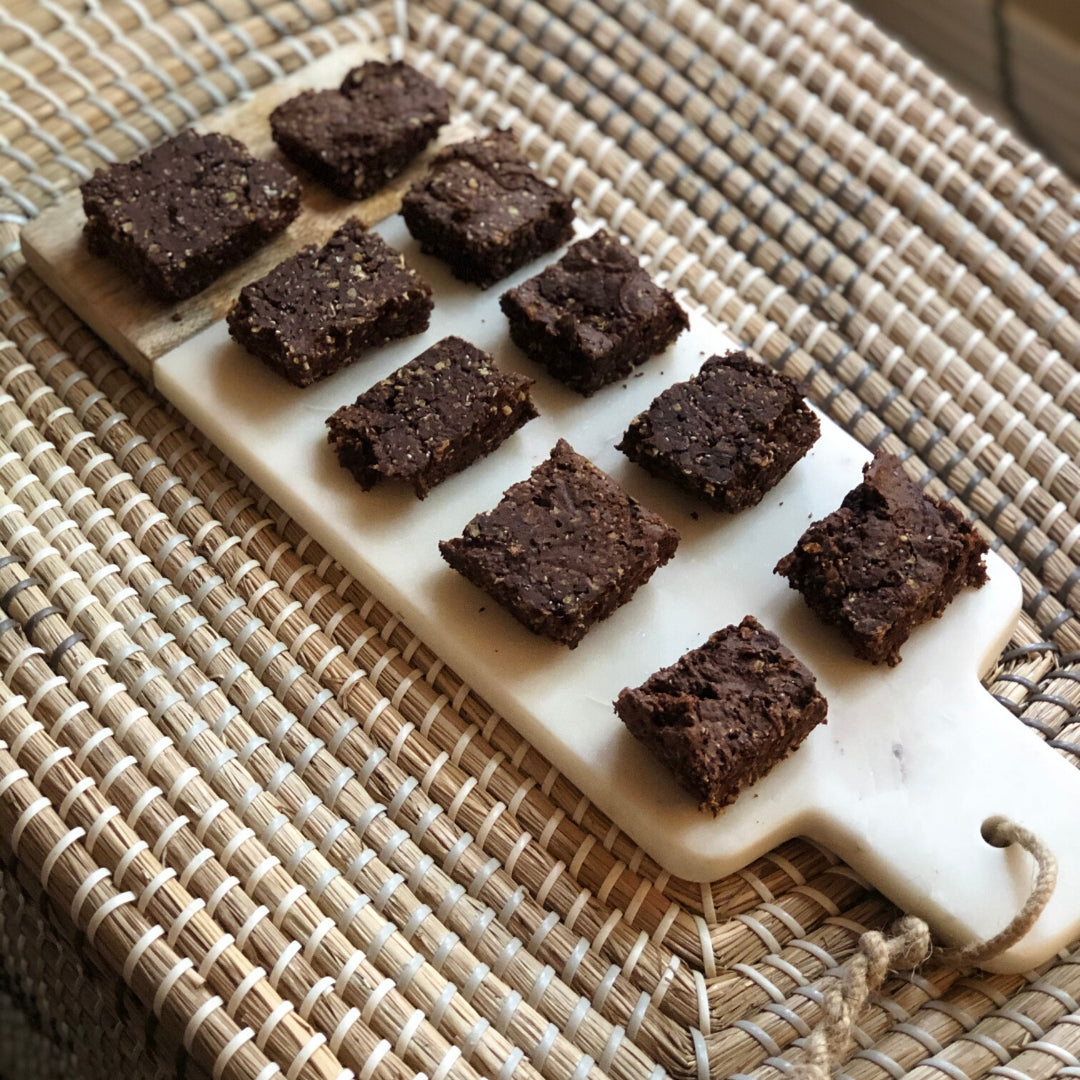Macronutrients are proteins, carbohydrates and fats. Below is an explanation of each macronutrient and why it is important to incorporate good quality sources of each macronutrient.
Daily Meal Checklist:
(Do your best to include each of these macros in each meal, the majority of the plate (60-70% should be non-starchy vegetables loaded with fiber- see chart, 20 %-30% protein, 10 %healthy fats).
Protein
Protein is optimal for growth and repair of all tissues in the body. The focus with protein is quality! When choosing meat select organic, grass-fed or hormone free sources.
– Choose red meat 1-2 times per week; grass fed beef, bison, or lamb.
– Choose free range poultry: chicken, quail, turkey etc.
– Choose wild caught or sustainable fish (Ocean Wise etc.) 2-3 times per week.
– Choose plant based sources of protein (beans, lentils, chickpeas, etc.)
– Choose a quality whey isolate, collagen, bone broth collagen or vegan protein powder (I recommend Biosteel Sports Supplements)
Fiber
Fiber will help with optimal digestion and slow down the release of glucose in your system giving you long lasting energy.
– Insoluble fiber speeds up digestion by adding bulk. Insoluble fiber sources include whole grains (brown rice, quinoa etc.), most vegetables (broccoli, cauliflower, root vegetables, carrots, green beans etc.
– Soluble fiber slows down digestion by attracting water and creating gel-like substance in order to assist healthy bowel movements. Sources of soluble fiber include chia, flax seeds (preferably ground), oats/oat bran, nuts/seeds, beans, lentils, peas, berries and carrots.
Healthy Fats
Fats are a source of energy and will help decrease inflammation. They release slower in your system helping to keep you fuller, longer. Consume the majority for your fats as monounsaturated and polyunsaturated fats like olive oil, flax oil, avocados, coconut oil, nuts and seeds.
– Consume the majority for your fats as monounsaturated and polyunsaturated fats like olive oil, flax oil, avocadoes, coconut oil. MCT oil, grass-fed butter, nuts and seeds.
– Omega 3 fatty acids are extremely important for athletes as they have anti-inflammatory properties. The best sources of Omega 3’s are fatty fish, flax seeds, chia seeds, hemp seeds and walnuts.
Colour
This means eating a wide range of fruits/vegetable throughout the day to boost consumption of nutrients. See below chart for a guideline.
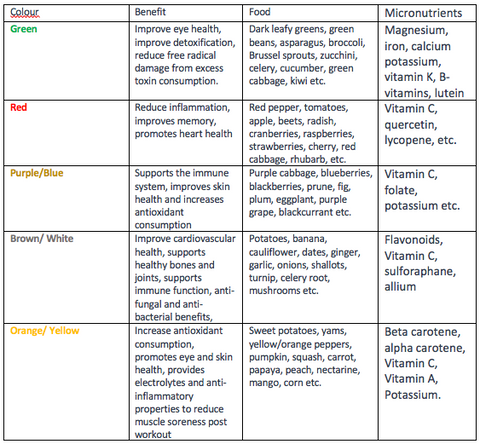
Author: Sylvie Tetrault


